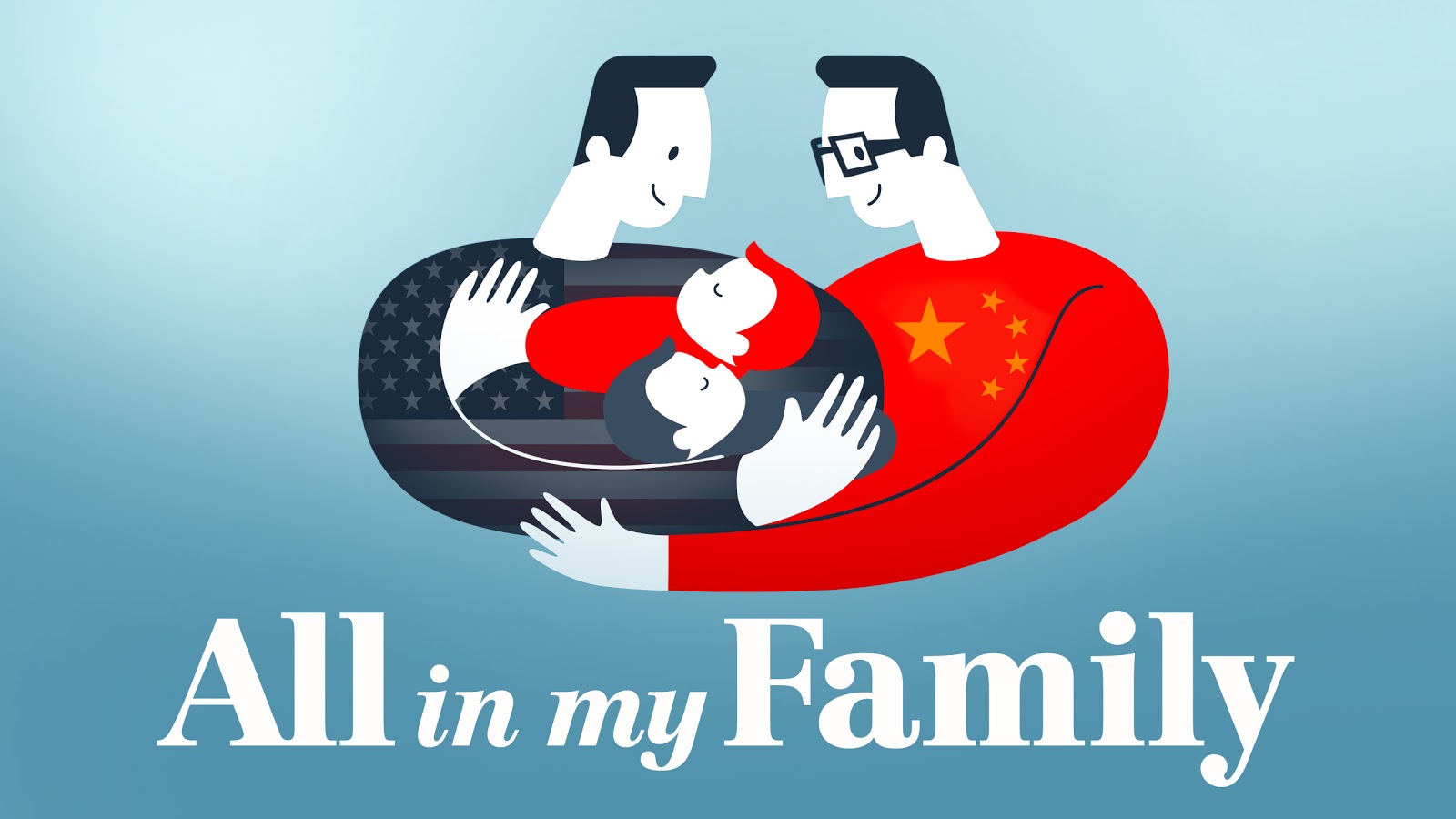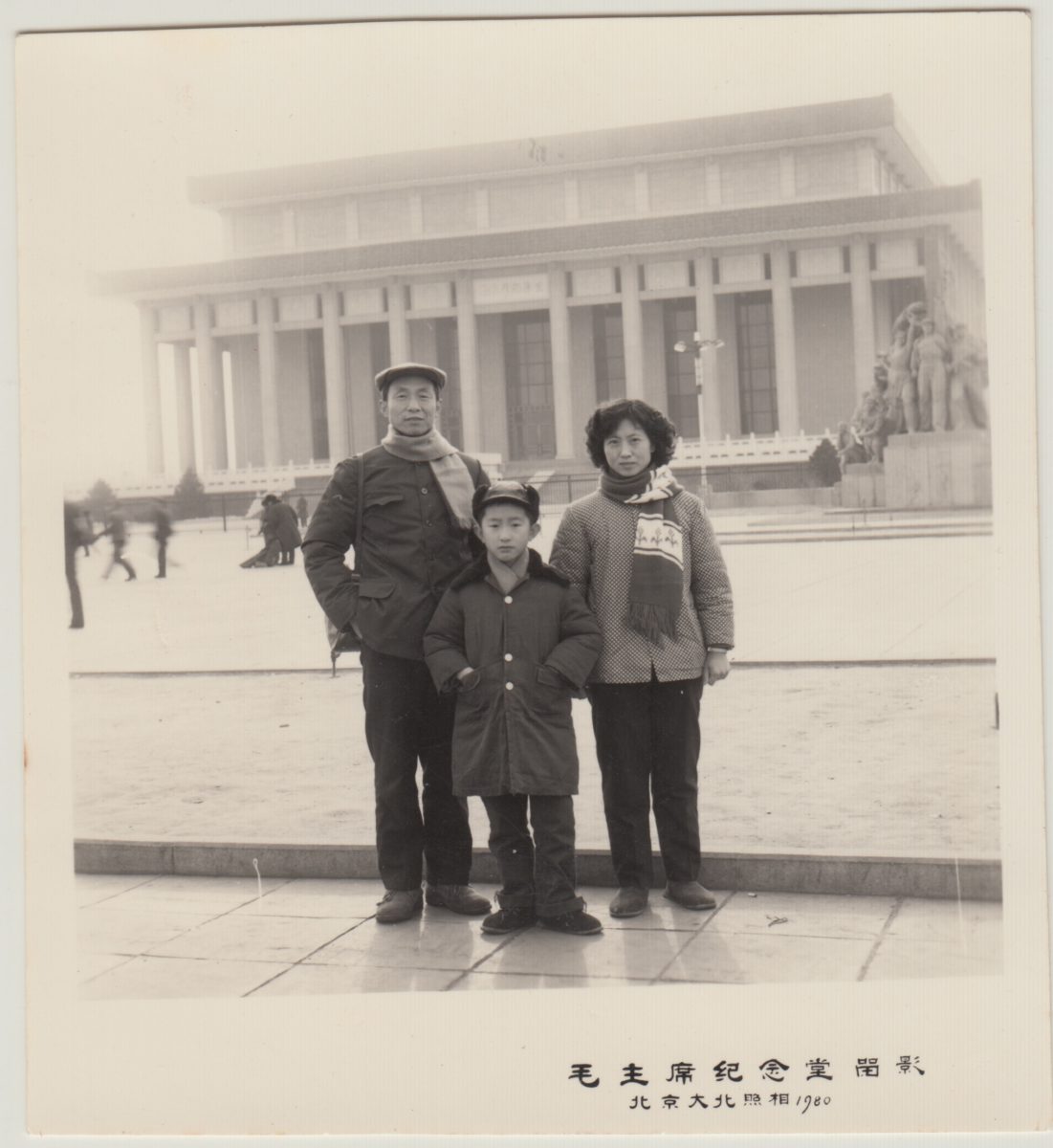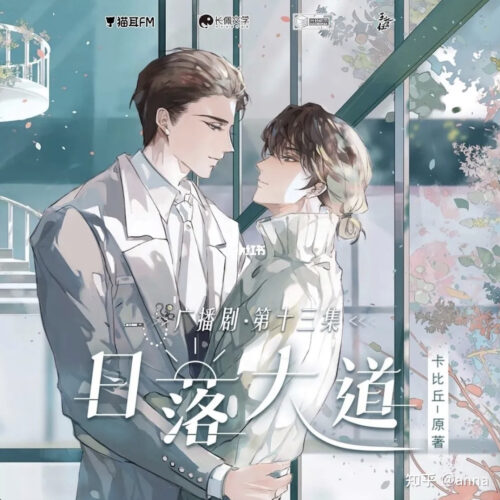China’s generational divide and the struggles of building a queer family
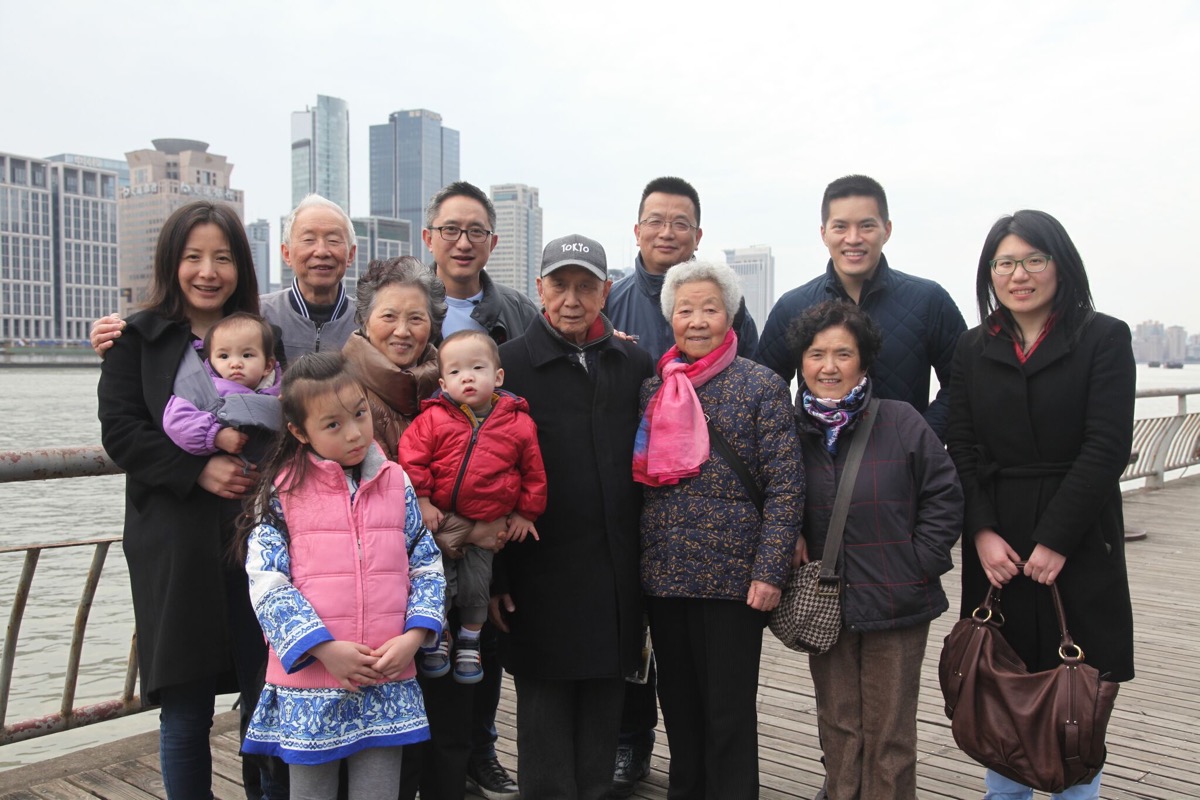
“I’m the person behind the camera, and this wonderful woman is pregnant with my baby. But this is not my family.”
Less than two minutes into his new feature, director Hao Wu 吴皓 decisively breaks the fourth wall. His first venture into the personal documentary genre, All in My Family is a deeply intimate, touching work where he uses his own voice to recount his personal struggles in starting a new family…while dealing with an old one.
Distributed worldwide by Netflix as of today, All in My Family packs years of the New York-based director’s life into a crisp 40-minute runtime, recounting how his relatives come to terms with his and his partner’s decision to have two children through surrogacy. It doesn’t surprise us when the director cites masterpieces like 51 Birch Street and Stories We Tell as inspirations: This short-form feature in particular echoes Block’s Birch Street in its attempt to unveil how a family reacts to a disruptive event and its internal dynamics of control, denial, and affection.
These all surface when the director goes back to his native Chengdu and decides to tell his parents, who struggled to accept his sexuality in the past, about two babies on their way. That’s when we are introduced to a large set of characters, ranging from the loud, cantankerous, overbearing mother to the tamer, friendlier grandfather, all of whom embody the set of traditional values Hao Wu ran away from when he moved to the U.S. 20 years ago. All together, they make up the portrait of a family like any other, dysfunctional in its own way.
And Wu, who brought us behind the scenes of China’s live-streaming industry with People’s Republic of Desire, which was shortlisted for an Oscar, paints it out masterfully. Scenes of long quarrels or the telling of preposterous baby origin stories bring forth sincere vulnerability and tension. Clever camera work brings us closer to the characters and dictates the rhythm: As it gets slower, and the director cuts closer and closer to his family members, emotions get ever more vivid. While exploring a different genre, All in My Family retains the fascinating quality of the director’s previous work, which unveils sentiments and conflict hiding beneath the surface.
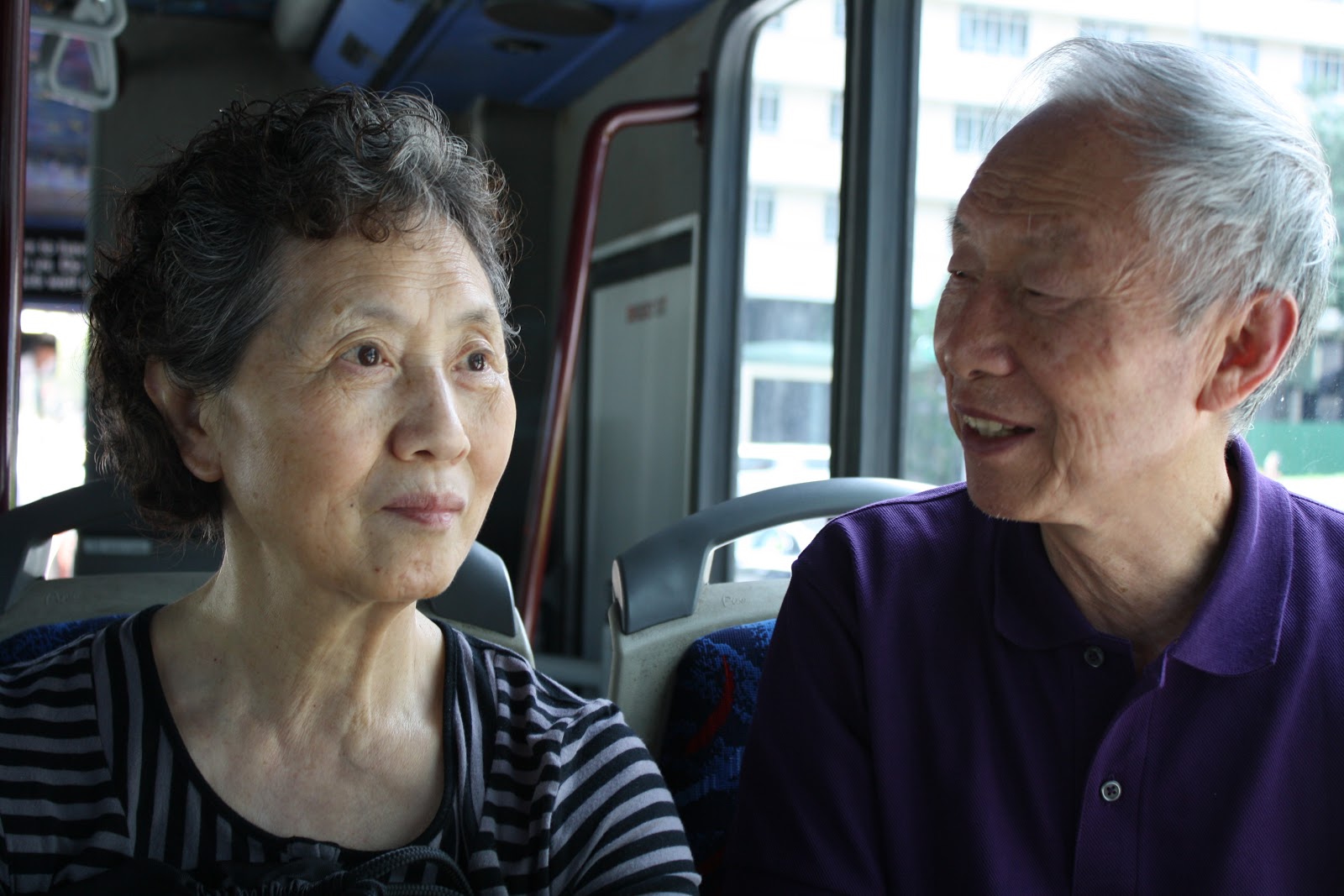
But through it all, the overarching feeling we get is that the past seems to be catching up to the director. As we watch through the eyes of the camera, it feels like the seemingly infinite set of expectations he grew up with are loaded onto us, as we get to understand that, as Wu puts it, “A son of a Chinese family can never run away from his past — at least not from his parents.”
As soon as he visits his hometown, he’s reminded that as “the only boy in the clan,” his duty is to have children and a good job to sustain the elders; of how his father suffered when he came out; that while his mother and father eventually came to terms with his “orientation,” he’s still expected to go back in the closet with a good part of his extended family. And, of course, that babies birthed by someone who is not his wife are not the kind of grandchildren they had expected to have.
To present his family’s struggles with his sexuality was a very important reason why Hao Wu set out to complete this new project. “I know many gay people, both here in the U.S. and many more so in developing countries, who are still struggling to come to terms with the family they came from and to build one of their own,” he tells The China Project. But while the film represents precious insight into how Chinese families deal with homosexuality, especially at a time when the issue commands very little space in the country’s public discourse, it’s not all there is to it: “With my film, I’d like to encourage audiences to think about how each family’s search for identity is a unique journey that transcends cultural or political boundaries,” he adds.
In this way, All in My Family is more about the fundamental generational divide that characterizes not only contemporary Chinese society, but also any other where an increasingly mobile young population moves in a globalized job market with unprecedented understanding of “alternative” cultures and lifestyles. As such, it is relatable in a very powerful way, at least to the extent that it depicts the dreaded holiday trips home — all-too-familiar to any grown-up — with depth and humor. It is a work that speaks not just to queer people, expats, or those of Chinese descent worldwide; it also speaks to prospective parents who might relate to their elders in a completely different way once they are in their shoes.
In Wu’s own words: “I feel that this film is a celebration of families, a celebration of the enduring love within families that survives through worries and compromises. Insomuch as this film touches on China, I’d like to show to the global audience that being gay, being Chinese, and being a son of a big extended family is really not that different from elsewhere in the world.”
In the end, the director himself comes to realize that in his family, “love means worries, which means control to allay those worries,” but also that, in front of this seemingly unbridgeable cultural divide, to keep our ties alive we might have to accept compromise and put a halt to our pursuit of acceptance. And that even our ideas about truth can change over time.
